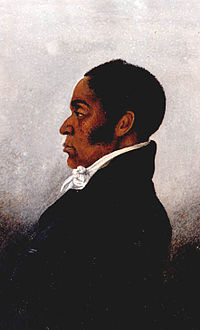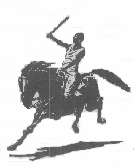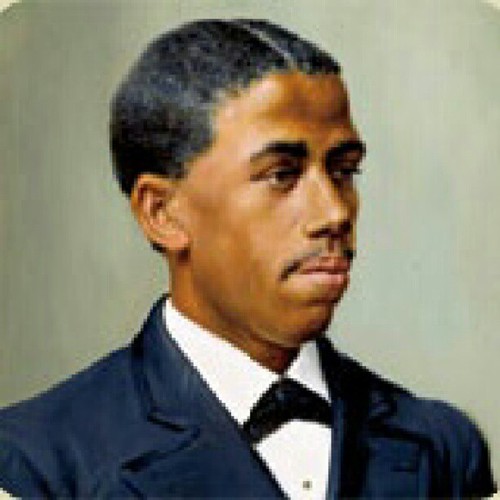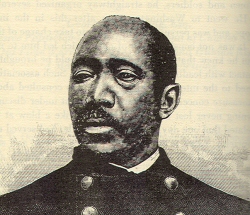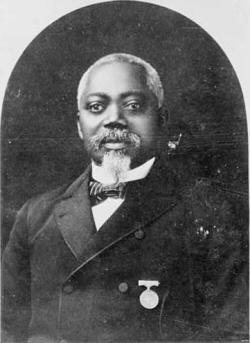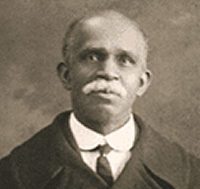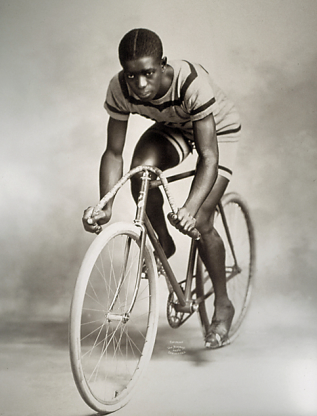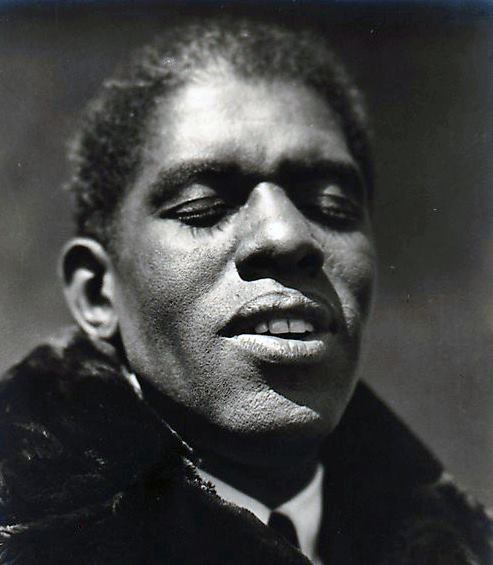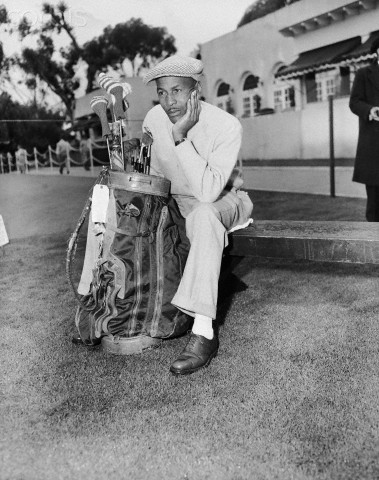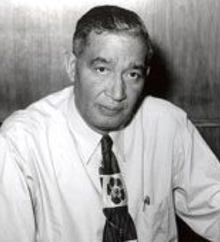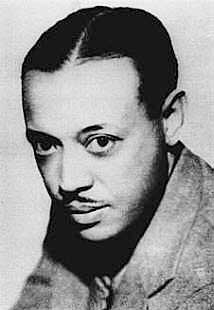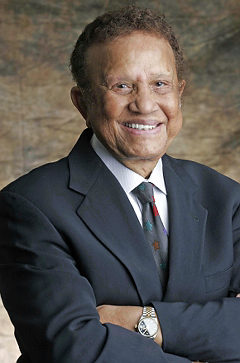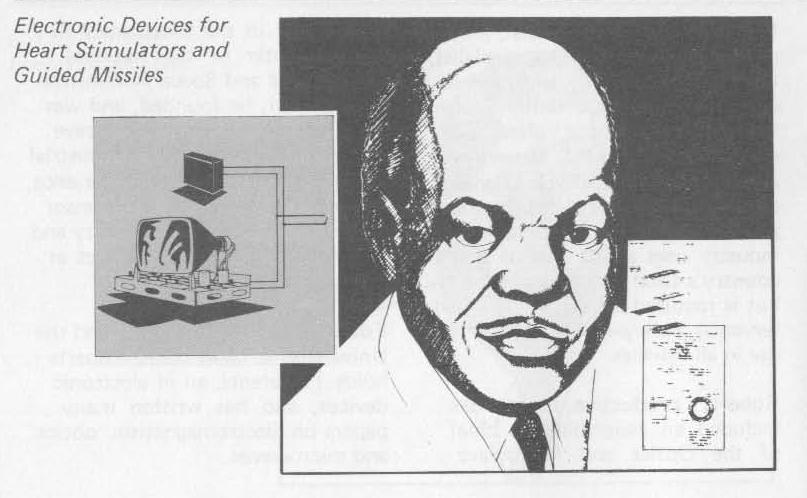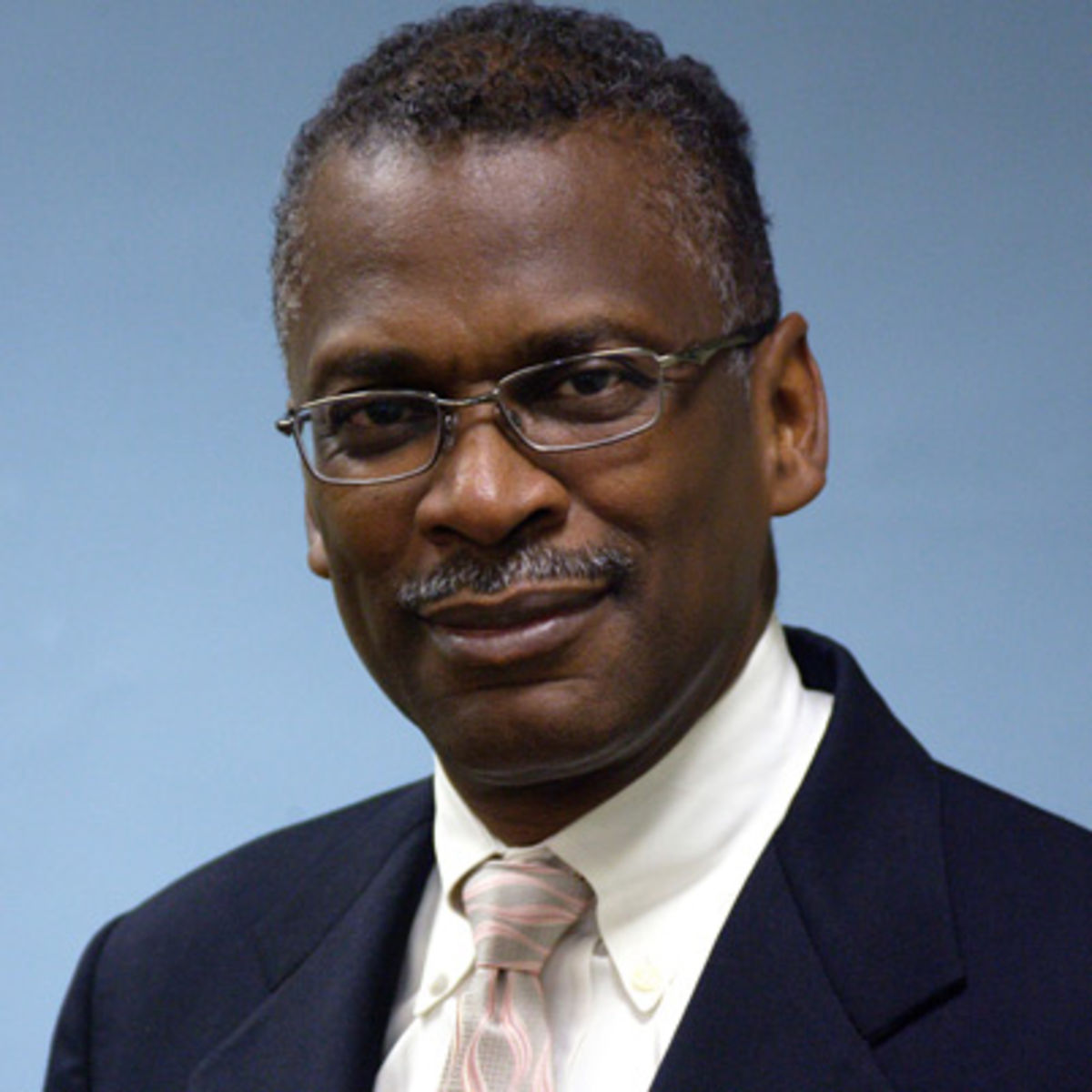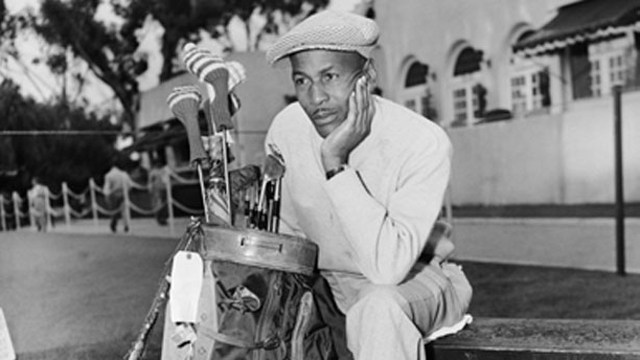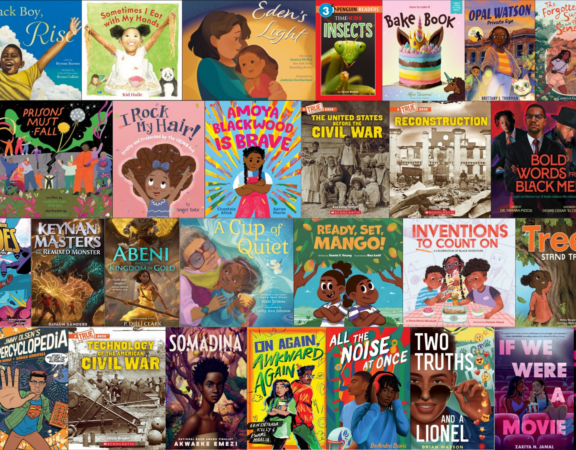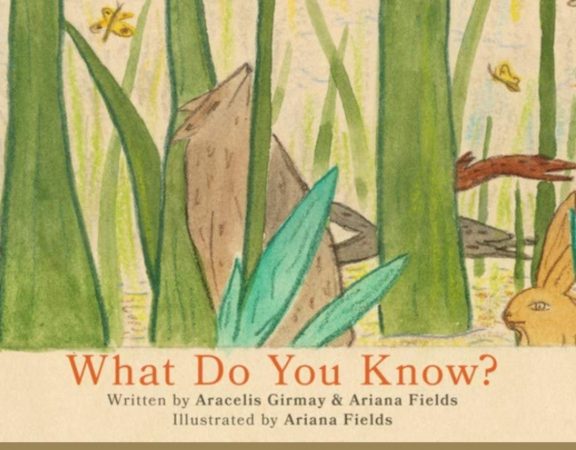Maya Angelou once said, “I think a hero is any person really intent on making this a better place for all people.” During Black History Month (BHM), we recognize and honor the achievements of Black Americans and other Blacks throughout the diaspora, ordinary but extraordinary heroes and sheroes whose stories of struggle, courage, tenacity, ingenuity, and purpose inspire us to be and do our best. When Carter G. Woodson founded Negro History Week, which evolved into BHM, his intention was to ensure that our history was taught and commemorated in homes, schools, and universities. He declared, “If a race has no history, if it has no worthwhile tradition, it becomes a negligible factor in the thought of the world, and it stands in danger of being exterminated.” Ironically, many people aren’t aware that Woodson is the mind behind BHM. In a way, he is an unsung hero, someone whose accomplishments are not widely acknowledged or credited to them. Woodson is not alone. The achievements of many Black men and women—see part one for unsung sheroes—in medicine, engineering, literature, sports, the military, and other areas are not celebrated as much as others. Part two of this series focuses on unsung heroes, men who deserve more recognition for their contributions to society. Happy Black History Month!
